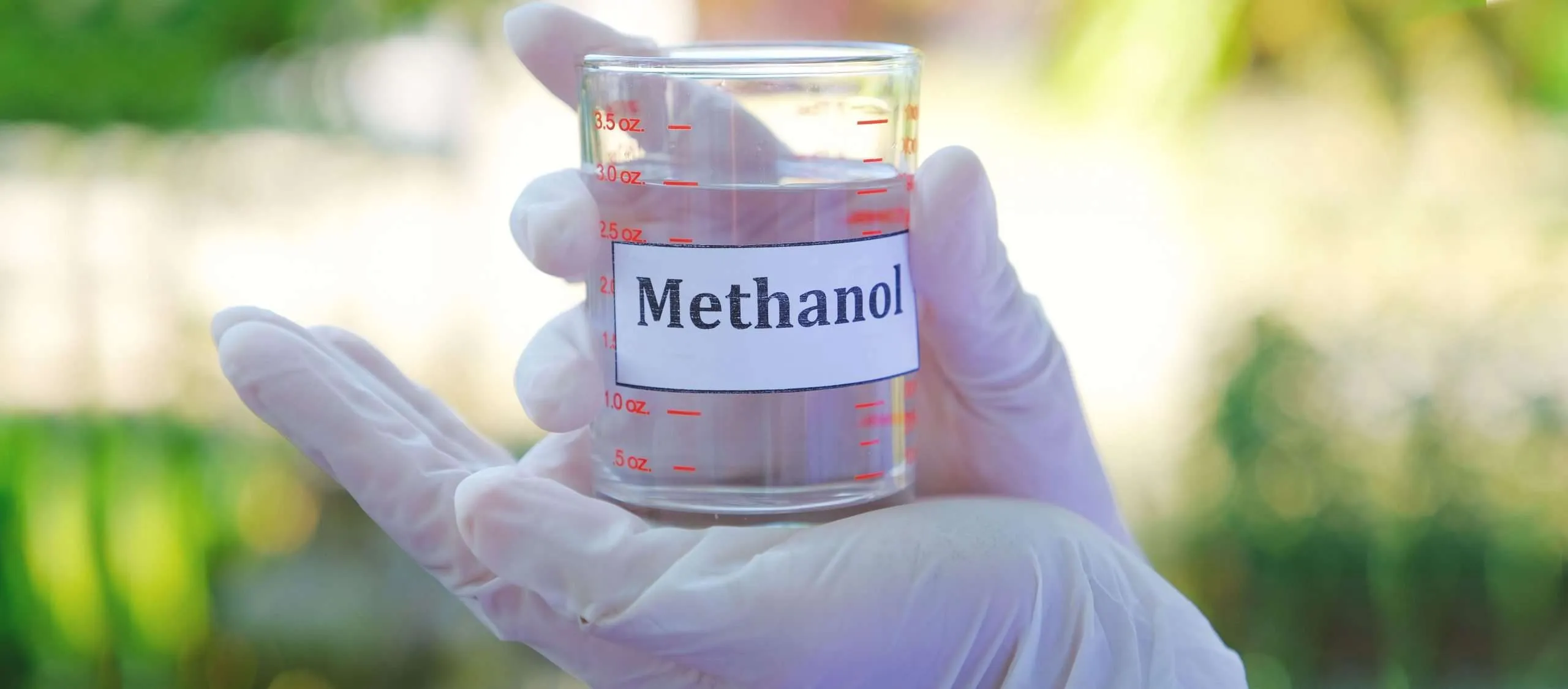What is Methanol and How Does It Affect the Body? Understanding the Dangers of Methanol Poisoning
Travelers are being urgently warned about the risks of methanol poisoning, following a tragic incident in Laos where six tourists lost their lives after consuming methanol-contaminated alcohol. Methanol, a toxic industrial chemical often found in products like antifreeze and windscreen washer fluid, is not intended for human consumption and can cause severe harm even in small amounts.

What Is Methanol?
Methanol, often confused with ethanol (the type of alcohol safe for drinking), is a chemical compound commonly used in industrial and automotive products. While it looks and tastes like regular alcohol, highly toxic and can cause severe damage to the body when ingested. Unlike ethanol, which the body can metabolize safely in moderate quantities, dangerous even in small doses.
How Does Methanol Affect the Body?
When methanol is consumed, it initially mimics the effects of alcohol. People might feel intoxicated or sick, leading them to believe they are simply drunk. However, the real danger begins hours later when the body starts breaking down methanol in the liver.
The liver metabolizes methanol into toxic by-products, primarily formaldehyde, formate, and formic acid. These compounds build up in the body, leading to devastating effects on vital organs and systems.
Toxic Effects on Organs and Nerves
The main toxin, formate, works similarly to cyanide and interferes with the production of energy in cells. The brain is particularly vulnerable to formate toxicity, leading to brain damage. The eyes are also directly affected, often resulting in blindness, a common consequence in severe poisoning cases.
Dr. Christopher Morris, a senior lecturer at Newcastle University, explained that formate disrupts cellular function and causes widespread damage to the brain, potentially leading to long-term neurological impairments. In addition to vision loss, other symptoms may include confusion, dizziness, and loss of consciousness.
Methanol Poisoning: Symptoms and Treatment
The first symptoms of = poisoning may appear similar to a hangover, such as headache, nausea, and dizziness. However, the true danger lies in the delayed onset of severe symptoms. Within hours, the body’s attempts to process can lead to more serious effects, including:
- Blurred vision or blindness
- Difficulty breathing
- Coma
- Organ failure
In extreme cases, death can occur due to multiple organ failures and toxic buildup in the bloodstream. Immediate medical attention is crucial for anyone suspected of poisoning. Treatment typically involves the administration of fomepizole or ethanol, which blocks the breakdown, as well as supportive care to manage symptoms.
Why Is Methanol Poisoning So Dangerous to Travelers?
For travelers, particularly those in countries where bootleg alcohol is common, the risk of methanol poisoning is high. Unregulated alcoholic beverages may be adulterated, either intentionally or as a byproduct of improper distillation. In Laos, the recent deaths serve as a stark reminder of the dangers posed by consuming alcohol from unreliable sources.
Methanol poisoning can occur quickly, and victims may not realize the danger until it’s too late. Therefore, it is crucial for travelers to be cautious when consuming alcohol in foreign countries, particularly from untrusted sources.
Prevention and Safety Tips
To avoid methanol poisoning, follow these safety guidelines:
- Avoid drinking alcohol from unregulated sources, especially in regions where bootleg alcohol is common.
- Stick to reputable brands or establishments that are known to sell properly regulated alcohol.
- Be cautious of homemade spirits or alcohol offered by strangers, as these may be contaminated.
- Seek immediate medical help if you experience symptoms like dizziness, nausea, blurred vision, or confusion after consuming alcohol.
Conclusion
Methanol poisoning is a serious and potentially deadly condition that can occur from consuming contaminated alcohol. Travelers must exercise caution, especially in countries with less stringent alcohol regulations. Awareness of the risks and understanding the toxic effects of methanol can save lives. If you suspect poisoning, seeking immediate medical attention is essential to reduce the risk of severe health consequences, including blindness, coma, and death.
